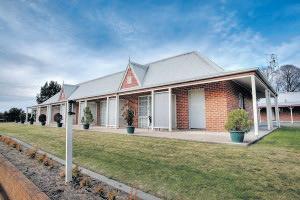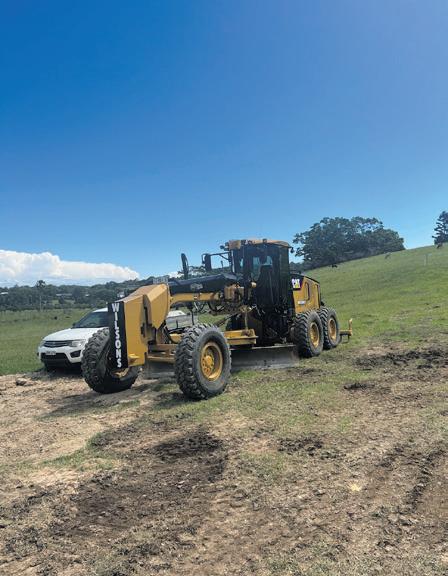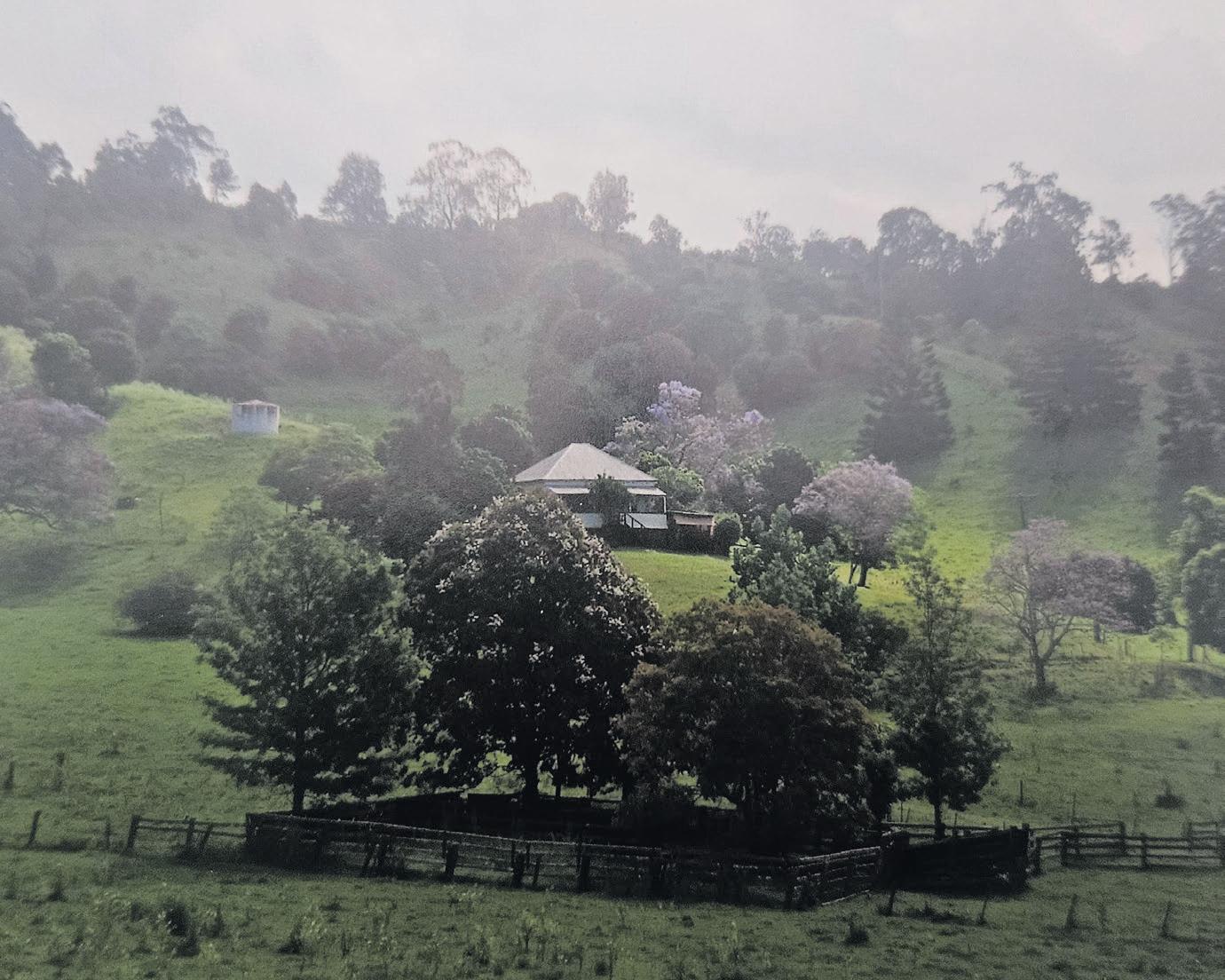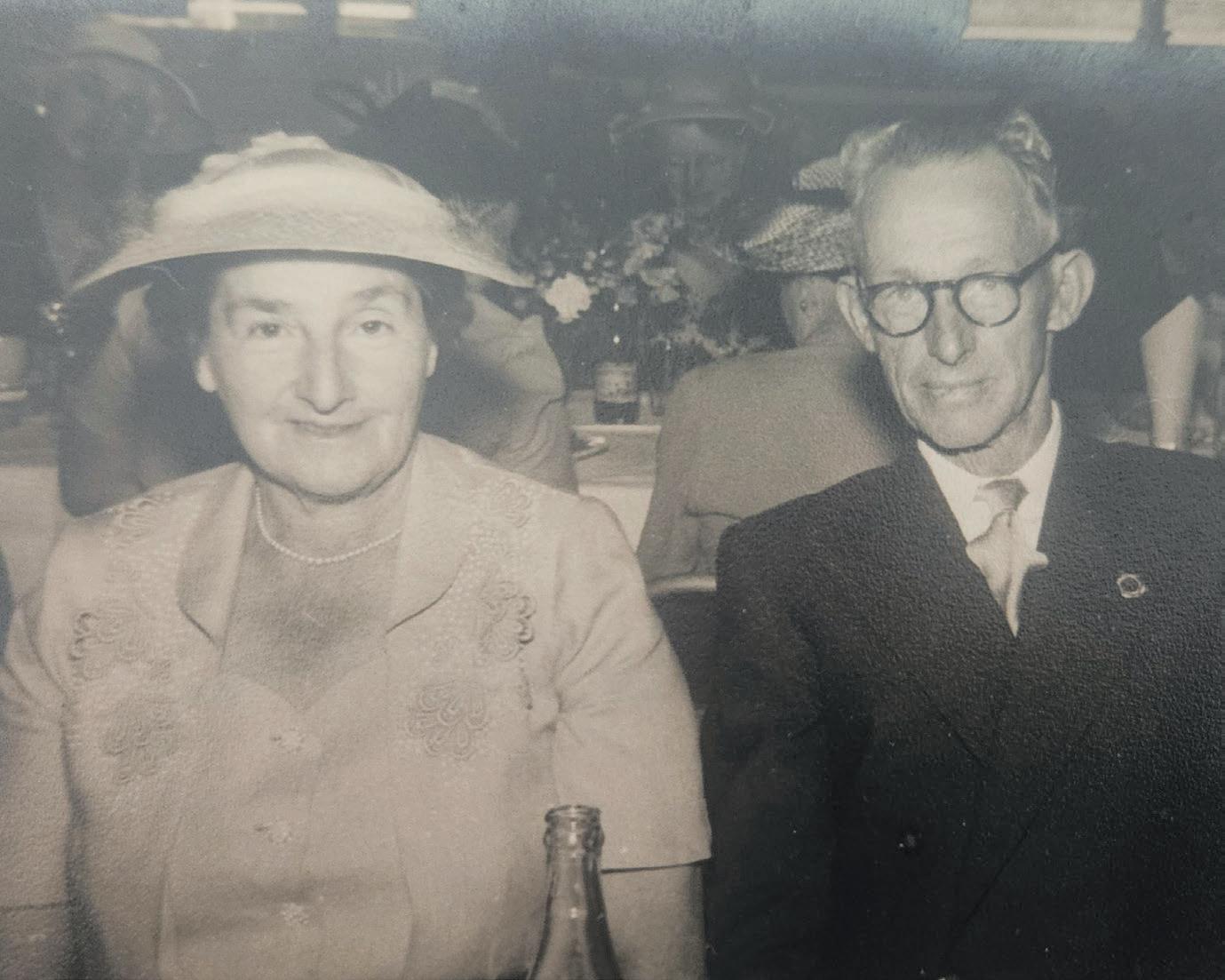
7 minute read
EARTH FREQUENCY FESTIVAL 2024
Earth Frequency Festival is a music, arts, lifestyle and environmental festival based in South-East Queensland, Australia, with a strong focus on arts, education, healing and community spirit. While drawing from many cultural niches such as transformational festival, tribal gathering, doof and boutique festival, the aim of Earth Frequency Festival is to go beyond these traditional tags and to exist as a multi-faceted gathering focused broadly on creativity, connection, intention and inspiration. From it’s origins as a small landcare party in 2005, Earth Frequency has now become one of Australia’s foremost transformational gatherings. At Earth Frequency, you can always expect an amazing mixture of live and electronic music, performance, visionary art, workshops and lectures, a family and kids space, a fantastic food and markets area, and of course a positive community vibe.

Our aim is to create nothing short of a life changing, transformative experience! We aim to provide a meeting place – people from many different backgrounds, ages and walks of life come together with the shared interests of music, nature, technology, culture and peace.


Earth Frequency Festival is held each year at Ivory’s Rock Conventions and Events in Peak Crossing. Ivory’s Rock is a beautiful outdoor venue with top notch facilities, comfortable campgrounds, and it is conveniently located under an hour from Brisbane and just 20 minutes from Ipswich. Nurtured by the setting of the beautiful Australian outdoors, we gather together once a year to celebrate life with music, art and other creative forms, and to educate, connect, heal and inspire.
EVENT DETAILS:
• When: May 3-6
• Where: Ivory’s Rock Conventions and Events, Peak Crossing.
• Price: From $280
• Tickets: www. earthfrequency.com.au

The NFF Horticulture Council strongly supports the key recommendations detailed in the interim Independent Review of the Food and Grocery Code of Conduct report released today. The Council is particularly encouraged to see recommendations for the enforcement of the mandatory code, and the possibility of increased fnes reaching up to 10 per cent of turnover, potentially amounting to billions.
NFF Horticulture Council Chair Jolyon
Burnett said: “If we are going to allow duopolies to exist, we need to make them accountable for any anti-competitive behaviour. The supermarkets including Bunnings, need to know if they abuse their market powers, the fnes imposed will be meaningful.
“The next challenge will be to ensure that when the ACCC identifes an abuse of market power, there is a realistic chance of success in court within a commercial timeframe. Otherwise, the announced fnes will be futile.”


NFF Horticulture Council also supports the need to make senior executives accountable for the practices and behaviours of their buyers and category managers. Where coercive control is exercised, there should be no room for ‘plausible deniability’.
More broadly, the report acknowledges ‘the heavy imbalance’, the fear of commercial retribution, and highly exposed nature of growers to the buying practices of the supermarkets.
“For decades, fruit, vegetable and plant nursery growers have been forced to bear the brunt of a tilted playing feld, but have been unable to speak out in fear of commercial retribution. To have a report identify these issues is an important milestone,” Mr Burnett said.
“Given the high level of vulnerability due to the perishable nature of horticulture produce, we support the need for additional stand-alone protections for the sector.
“The sector provides 98 per cent of Australia’s fresh fruit and vegetables, as well as almost all the nation’s nursery products and underpins the country’s food security. Some growers have reported not having a price increase for more than 15 years.
“As a virtual monopoly in the ornamental plant market, Bunnings needs to be included in the Code to cover its dealings with plant nurseries. The issues faced by this sector are identical to the challenges faced by fruit and vegetable growers. It cannot be given a free pass.”
The NFF Horticulture Council welcomes all the recommendations in the interim report, and commends Craig Emerson on his work to date. The Council looks forward to the fnal report and prompt and meaningful action by government.



By Helen Trustum


When talking with Dick and Leila on the 6th February 2024 I realized that my initial intention of researching a story from Leila’s early days also required a story that unfolded about her husband Dick.
Richard William George (known as Dick) was born on 22nd February 1932 to parents Stan and Mary Beattie at Stockton. Dick’s Grandfather, Edward Beattie was a boat builder and even in his 80’s still worked building boats, including fshing vessels and ferries. His Great Uncle Gordon Beattie was one of the men that built the passenger ferry that ran between Yamba and Iluka. Dick’s father Stan was a boiler maker with BHP.
Dick went to Primary school at Stockton then on to New Castle Boys High School. He later studied at the University of New England in Armidale before completing his Honours Degree at the University of Sydney.
Family of Stan and Mary’s: Dick and Gloria. Leila was born Leila Madge Roberts in Casino on 10th September 1931 to parents Donald and Madge Roberts who were living on “Manifold Farm”, Bentley.

Family of Donald and Madge Roberts: Eileen, Leila and Nelda. The family lost little Nelda with whooping cough at the age of two and half years.
Donald was born at Cowra NSW and at the age of 14 years moved with his parents to Dunoon. They later relocated to Mongogarie from where Don enlisted in World War 1 in December 1915. He arrived at the Military Camp in Tell EL Kebir, Egypt in May 1916. After training in England, Don was transferred to France where he performed 10 days of training in the infamous “Bull Ring”, training camp on the dunes between Etaples and Camiers, near Boulogne, before joining the 31st Battalion at Armentieres.
Shortly after joining the 31st Battalion, Don was attached to the transport section, where his reputation as an excellent horseman had become known. The 31st transport section contained a number of top horsemen. Alongside Don was Gus Hosking, also from Mongogarie.

They were both reputed to be the best. Don and Gus were sent to Abbeville, where the commandant of the riding school, became so impressed that he gave them the honour of leading the column of artillery on parades.
Don served with distinction in the unit and was made sergeant shortly after joining it. The work of getting supplies through to the front line, units was diffcult and dangerous, most of the hauling being done at night. Don was awarded the Croix de Guerre (Belgium).
Returning from the
War, Don married Madge Collison and worked at the Coombell Brick Works before settling on Lot 12 on the Runnymede Soldiers Settlement, calling the property “Manifold Farm”. This settlement came about when the owner of Runnymede Station, James Chester Manifold, gave three thousand acres of rich scrub land on the eastern side of the station, to be developed into twenty dairy farms. The farms were to be made available, by ballot, to ex - servicemen from Tomki Shire (now part of Richmond Valley Shire)

By Helen Trustum

and Kyogle Shire. James Chester died in 1918. His son Thomas Chester Manifold inherited Runnymede and keenly supported the scheme. These twenty farms with applicants were required to pay three hundred and twenty - one pounds ($640) for the improvements on the farms. They received a Life Estate Title. Now in 2024 there are fve families from the original residents still on their block of ground.
Don also enlisted in the army in World War 11 and was in camp at Goonoo Goonoo Station, near Tamworth. After a while he left the army and returned to Bentley where he organized the local V.D.C. (Volunteer Defence Corps). Since there was a shortage of rifes they drilled with wooden rifes until they were properly equipped. Later a fring range was established on the property at Bentley. While in the V.D.C Don was promoted to the rank of Captain.
Don was one of the many farmers in the district who had Italian P.O.W.’s working on the property towards the end of the War. He also served as bushfre brigade captain and was involved with the Bentley Hall Committee. Madge supported her husband in his community involvement and took over running the farm while he was away.
In 1929 a school was built on land donated by Charlie Beck, from the Manifold Settlement. The school was called Manifold Public School and is still operating today. Both Eileen and Leila went to school at Manifold. Leila remembers attending school and talks readily about it. On her frst day at school Leila arrived with a bunch of fowers for the teacher

Mr Charlie Steele. The fowers were from her mother’s garden. Madge excelled in nurturing foral beauty. Leila rode a horse to school called “Creamy”. The older boys would catch “Creamy” and saddle her and have her ready for Leila to ride home. Leila competed in athletics and interschool sports day. Hockey was played on Becks fat. Hockey sticks could not be purchased so the children had to scout around and fnd a lantana stick with a bend at one end. A tin can was used as a ball.
Leila remembers Mr Steele taking the children up towards Boundary Creek into the forest to cut lawyer cane (Calamus Australis). The fbre was used at school, teaching the children weaving baskets. There were over 50 children that attended the school at one time: – All in one room – 1st to 6th class. Long desks and seating stools were used. Children from the families that Leila remembers at the time she attended were Owen Casey, Bob Knapp, Bill Moore, Jack Doman and family names Armstrong, Bulmer, Ball, Doman,
Knapp, Hartley, Moroney and Childs. Mrs Steele, wife of teacher Charlie, taught the girls sewing in the weather shed once a week.
Leila has many memories of those days when on Sundays, tennis would be played over on the Moroney family’s property and meeting up with her friends the Moroney girls, Joyce and Clare. Cricket would also be played with a picnic lunch. Leila loved the dances held in the Bentley Hall where Hillary and Leila Doohan from Back Creek would be the musicians playing. To be Continued











